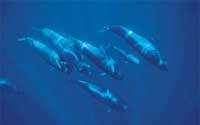Fast, slow. Perception of the speed at stake.
2004/07/18 Roa Zubia, Guillermo - Elhuyar Zientzia
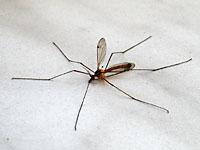
The sparrow that is eating migas in the park is also very fast. The truth is that it moves so that it gets nervous. He is continually looking into the environment and puts the bread in his mouth as soon as possible, without losing attention. He is always attentive. For us what is a quiet park, for it is a very dangerous place, so you must always be willing to escape at full speed. Always.
We depend on the metabolism. We, and all living beings, react according to the chemical functioning of the body. The faster the metabolism, the more mobility we have, the faster we have the brain, the faster we eat and the faster we consume energy. Thousands of other processes are getting faster.
For example, both the mosquito and the sparrow have a very fast metabolism, since at any time they will have to shake the muscles to escape. And from his point of view, we move slowly. They see our movements as filmed in slow motion. And, of course, that's why we feel the movements, and that's why it's so hard to catch a mosquito or a sparrow.
But many other living beings do the opposite. Slow metabolism. They have no hurry at all. Imagine the elephant or the whale. They do not need to escape. They have other mechanisms to survive. And that is why they occupy the time they need. And if elephants and whales catch it, imagine how the trees live.
What's more, some animals have a changing metabolism, that is, sometimes they live 'fast' and sometimes 'slowly'. Hibernating animals, for example, are surprising from this point of view.
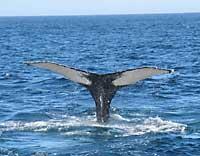
For example, look at the bear. In winter he enters a cave and remains as if he was asleep. But it is not asleep, slows the speed of the heart (eight/ten beats per minute), should not eat, does not eject urine or stools. The situation is very special. But it gets a low energy consumption, among other things because it does not need to heat the body during the cold winter.
Reptiles also form a spectacular model. We all know that lizards and lizards spend a lot of time in the sun. Maybe not everyone knows why they do it, but scientists have it very clear: they have to heat the body to accelerate metabolism. While your body is 'cold', they are clumsy, but when heated they move quickly.
Although they do not know the cause, eagles and desert hawks know the effect perfectly. And, therefore, when the sun is hidden they try to catch the lizards. At dawn or at dusk. At other times, under the influence of the sun, the chances of catching the lizards are much lower, as they are faster.
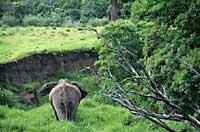
In view of all this, it is worth mentioning another question: analyzing the animals seems logical that those who have a rapid metabolism live less time, since aging is earlier due to the crazy consumption of energy. If the biologists did not listen to me, I would say that animals with a crazy life die so young 'stressed'. Young or at least aged in the short term. But if I say that the biologists are going to give me the tan with all the reason. Of course, aging is somewhat more complex than stress, but comparison serves to get a general idea.
A mosquito lasts only one day and the bird a few years, while elephants and whales approach the eighties and the sequoias can live 4,000 years.
However, now some scientists have made a surprising discovery with mice, just the opposite of what would be expected. Through the amount of oxygen supplied to mice they have controlled their metabolism and have grown two types of mouse: those of rapid metabolism and those of slow metabolism. But mice of rapid metabolism have endured more than others.
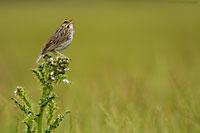
The secret lies in the cell energy production centers, that is, in the mitochondria. Mice of rapid metabolism transform most of the energy they produce in heat. Therefore, they must optimize the mechanisms to obtain the necessary energy of the cell. And that means they do not produce as many free radicals as those of slow metabolism and, therefore, do not age as quickly.
The news is surprising from all points of view. For example, let's think about how that effect would be on human beings. Do we increase the amount of oxygen from breathing? Who knows.
Published in 7K.

Gai honi buruzko eduki gehiago
Elhuyarrek garatutako teknologia






